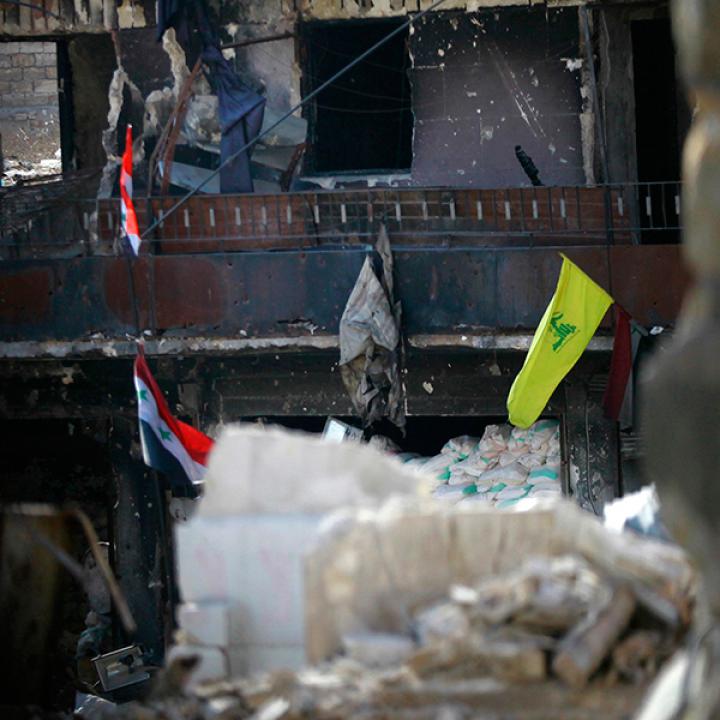
- Policy Analysis
- Articles & Op-Eds
The Middle East After the Iran Nuclear Deal: Hezbollah

The following is Dr. Levitt's contribution to a Council on Foreign Relations roundtable discussing the implications of the nuclear agreement.
Iran is Hezbollah's primary benefactor, giving the Lebanese political party and militant group some $200 million a year in addition to weapons, training, intelligence, and logistical assistance. Over the past eighteen months, however, Iran has cut back its financial support to Hezbollah -- a collateral benefit of the unprecedented international sanctions regime targeting Iran's nuclear program, as well as the fall in oil prices.
The cutback has mostly curtailed Hezbollah's political, social, and military activities inside Lebanon. Its social-service institutions have cut costs, employees have received paychecks late or been laid off, and funding for civilian organizations, such as the group's satellite television station, al-Manar, has been reduced. By contrast, Hezbollah's Syria command, which has been a priority for Tehran given its commitment to defending Bashar al-Assad's regime, has shown no sign of financial hardship.
If nuclear-related sanctions are lifted in whole or in part, an influx of Iranian money will enable Hezbollah to push back against Lebanese political and social movements that are uncomfortable with its intervention in Syria. Lebanon's political crises, from its inability to select a president to its failure to collect garbage, are a result of this deep sectarian division. An influx of radicalized Sunnis from Syria could bring further instability to Lebanon.
Increased Iranian spending will also benefit Hezbollah's regional and international operations. The group is no longer limited to jockeying for political power in Lebanon and fighting Israel. With more money, it could step up its aid to Shia militias in Iraq and Yemen in cooperation with Iran, sending small numbers of skilled trainers to bolster local forces and, in some cases, fight alongside them. In Iraq, Hezbollah is training and fighting with Shia militias. Though they are fighting on behalf of the government, their tactics exacerbate sectarian tensions. Its footprint in Yemen is small, but it could expand with additional resources. Hezbollah is already trying to find long-term support for these operations. In Iraq, for example, it is investing in commercial front organizations.
Finally, increased funding could help Hezbollah reconstitute its capabilities beyond the Middle East. The group has expanded its terrorist operations in countries as disparate as Cyprus, Peru, and Thailand.
Hezbollah is busier than ever, especially in Syria, where it is engaged in expensive militant operations and support activities. Meanwhile, the group has expanded its regional activities further afield, straining its coffers even as it has had to cut back its activities in Lebanon. A newly enriched Hezbollah would be more aggressive at home and abroad, challenging less-militant parties across the Lebanese political spectrum and boosting its destabilizing activities outside of Lebanon.
Council on Foreign Relations


